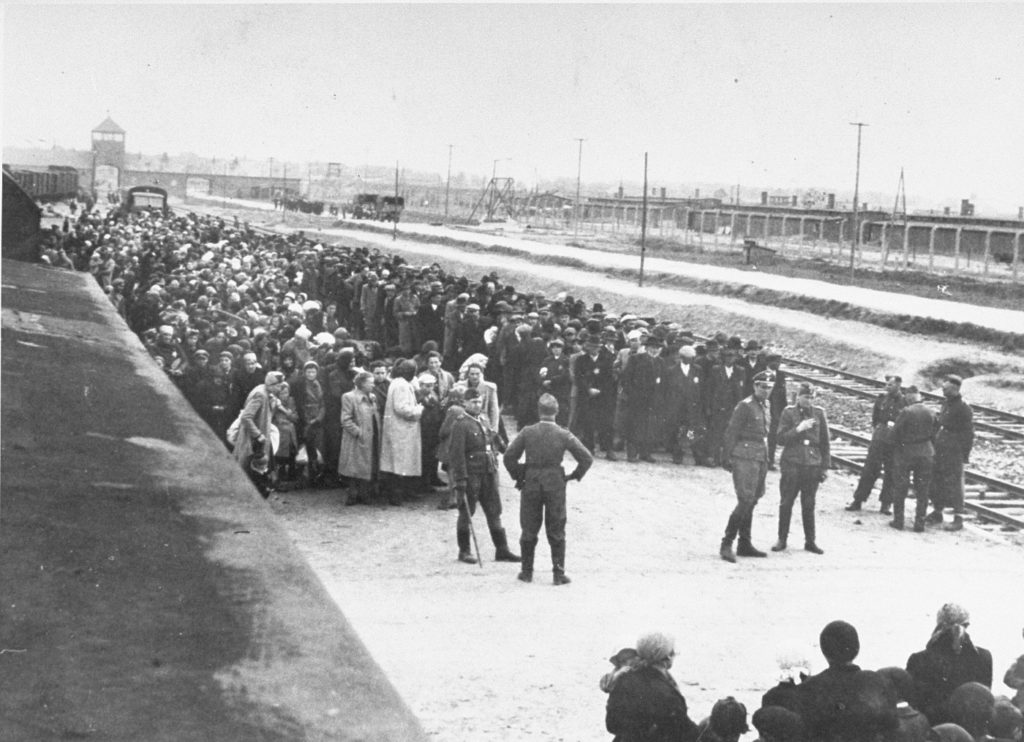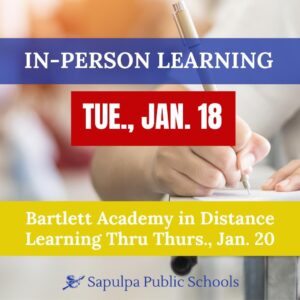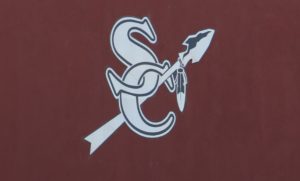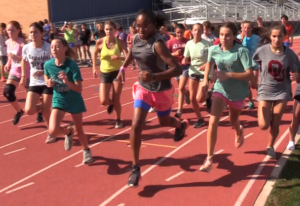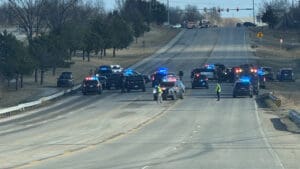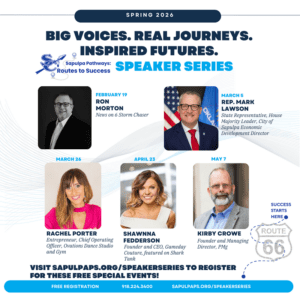Two local teachers, among hundreds from around the country, are bringing back lessons designed to engage and promote students’ understanding of Holocaust history from a Holocaust education conference this summer at the United States Holocaust Memorial Museum.
Karli Butler, a teacher at Sapulpa Junior High; and Alisha Kirk, a teacher at Bartlett Academy were some of the more than 226 participants from all over the country who attended the Museum’s annual Arthur and Rochelle Belfer National Conference for Educators, a three-day workshop for teachers hosted by the Museum from July 23 to 25 and from July 26 to 28. The 2018 conference is a vital part of the Museum’s ongoing effort to equip educators throughout the country with the knowledge and skills to effectively bring Holocaust education into their classrooms.
“Educating students about the history of the Holocaust provides an opportunity for young people to think critically not only about the past but also about their roles in society today,” says Gretchen Skidmore, director of education initiatives for the Museum’s William Levine Family Institute for Holocaust Education. “As the global leader in Holocaust education, the U.S. Holocaust Memorial Museum works to ensure teachers have the training and resources they need to introduce their students to this important and complex history — and show them how its lessons remain relevant to all citizens today.”
Every year, the Museum trains hundreds of teachers through training programs held in Washington and around the country. The institution provides these teachers with advanced tools and teaching materials for students of history, English, social studies, language arts, library science, journalism and more.
At the Belfer conference, the participants teamed up with Museum educators and scholars in sharing rationales, strategies and approaches for teaching about the Holocaust. They also explored the Museum’s latest exhibition, Americans and the Holocaust, which examines American society in the 1930s and ’40s and the factors that shaped Americans’ responses to Nazism. Program participants also heard from Margit Meissner and Susan Warsinger, two Holocaust survivors who volunteer at the Museum.
The Museum’s website, www.ushmm.org, provides resources at no cost to educators, including a range of online training modules, exemplary lesson plans and extensive historical information about the Holocaust.
For more information about the conference or to arrange an interview with this year’s participants or organizers, please contact Raymund Flandez at 202.314.1772 or rflandez@ushmm.org.
About the Belfer Conference
Established in 1993, the Arthur and Rochelle Belfer National Conference for Educators brings hundreds of middle, high school and community college teachers to Washington, D.C., each summer to train them in effectively teaching the Holocaust to their students. The Museum gives participants a chance to interact with its scholars and educators to reinforce their understanding of Holocaust history and to engage in successful strategies in bringing the lessons of the Holocaust to their classrooms. The conference is funded in part by the Arthur and Rochelle Belfer Foundation.
About the Museum
A living memorial to the Holocaust, the United States Holocaust Memorial Museum inspires citizens and leaders worldwide to confront hatred, prevent genocide, and promote human dignity. Its far-reaching educational programs and global impact are made possible by generous donors. For more information, visit www.ushmm.org.
—
Featured Image: A transport of Hungarian Jews lines up for selection at Auschwitz. Poland, May 1944. — Yad Vashem

